Historical Role Analysis in the Study of Religious Change: Mass Educational Development in Norway, 1740–1891
This 1990 study in historical sociology explores the relationship between educational development and religious change in Norwegian society during a period of significant social and economic transition. John Flint traces the processes whereby the laity radically reduced clerical control over religious institutions. He examines census materials, reports to the Ministries of the Church and Education, and information from organizational histories, using historical role analysis to describe the changing relationships among state church pastors, parish school teachers, pupils, parents, and lay preachers. In his examination of the movement toward mass literacy, John Flint draws on and contributes to the sociology of comparative education development. His findings from this Norwegian study have wider theoretical and methodological implications, and will be of interest to historians and sociologists studying religion and education.
{{comment.content}}


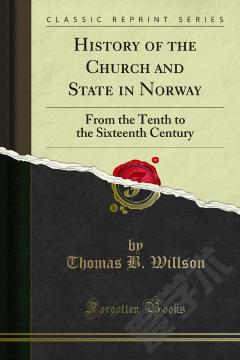
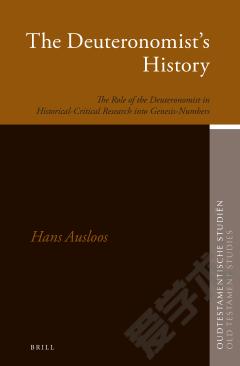
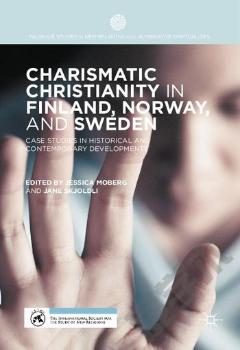
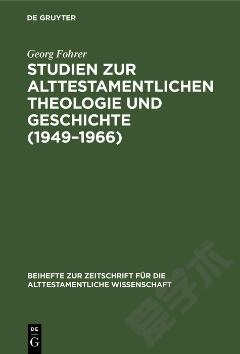
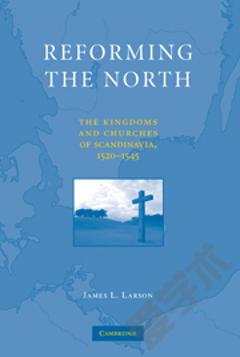

 京公网安备 11010802027623号
京公网安备 11010802027623号